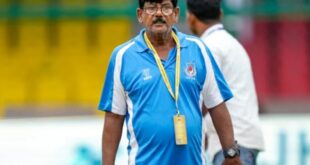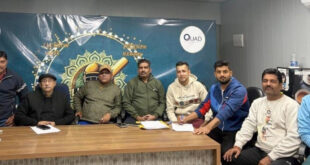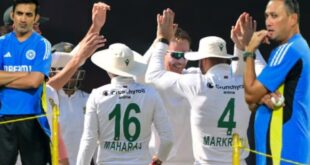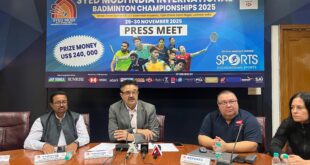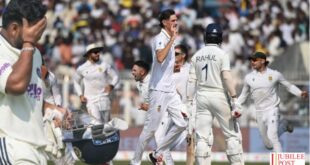IS THIS MONEY ONLY?
Emergence of Indian origin American Abhimanyu Mishra as the youngest chess grandmaster at 12 years and 4 months of age, breaking a record by three months that Sergey Karjakin held for 19 years, took the chess world by storm. Karjakin was 12 years and 7 months old when he became grandmaster in 2002.
 Mishra’s achievement got everyone’s attention on chess at the time when people world over are busy in Tokyo Olympics and also are watching EURO Cup 2020. From top to bottom everyone praised Mishra’s talent in his or her style but the revelation of his parents that how much they invested in Mishra’s success is something amazing to know.
Mishra’s achievement got everyone’s attention on chess at the time when people world over are busy in Tokyo Olympics and also are watching EURO Cup 2020. From top to bottom everyone praised Mishra’s talent in his or her style but the revelation of his parents that how much they invested in Mishra’s success is something amazing to know.
A note from his parents read like this: “We have heavily invested in Abhimanyu’s chess and we have spent in the range of US$200,000 (Rs.1 crore 40 lakhs!) and almost run out of complete savings. My wife and I are IT professionals and work with a data management company.”
Following are the key expenses for which we have spent until now. All open big tournaments in USA. Played in most of these events in the last 8 years. The total expense = US$ 40,000; He got all his IM norms playing in closed GM norm invitational events. These are costly events with 800$ entry fee + hotel + travel. He has played in many such events. The total expense = US$25,000; He has attended many elite camps by Gelfand, Kramnik, Aagaard, Chuchelov etc. The total expense = $20,000; Other international trips to Greece, Brazil, Costa Rica, Canada and others should be easily in the range of $10,000; He has been working with GM Arun Prasad for the last 7 years and there have been sessions almost every alternate day.
The total expenses = $35,000; Working with Chess Kings and Queens Academy for last 8 years. The total expenses = $10,000; Part of elite group in Prochess training. The total expenses = $250 per month; I got the powerful servers configured for him 64 core with 4 RTX2080. Total expense = $10,000. I learnt all things related to Neural Net and other engine’s internals and work with him for up to 25 hours a week so that we are up to date with the recent developments; Books, software, online subscription etc. Total expense = $8,000; Public schools are very strict in USA about attendance and there was no way to compete at the highest level while attending these schools. So I had to enroll him into a private school which is somewhat flexible and that helps him to play in more tournaments. Total expense = $25,000 for the last 4 years. (For the last one year, I started driving 1000 km each way to save on flight charges.)
For sure, it is incredible that the parents have sacrificed so much in order to enable the boy break the record. It takes a lot of commitment and resolve to chase a dream like this. On the other hand, putting out the expenses made in such a manner does not impress everyone. Nothing comes easy in life. There is always a cost-payoff ratio involved in whatever you wish to own, even a world record. But to display of this break-up of expenses is most ill-timed. Now they will expect sponsors to queue up. Will be happy for Abhimanyu if he finds some patronage… but most of the fans are surely not in favour of parents displaying their “investment” and then hoping to get instant “returns”.
LIFE IS BACK!
At least for India, cricket is king of all sport. Despite being split in caste, creed and religion, for Indians cricket is a common religion for them. The announcement by the Board of Control for Cricket in India (BCCI) about the schedule for the upcoming 2021-22 domestic season has come as big respite to the fans as well as the young cricketers as most of them missed the entire 2020-21 season due to the pandemic, and if the new season (if not affected by the third wave of the pandemic), gets started on time, this would be help people enjoy the gentlemen’s game once again.
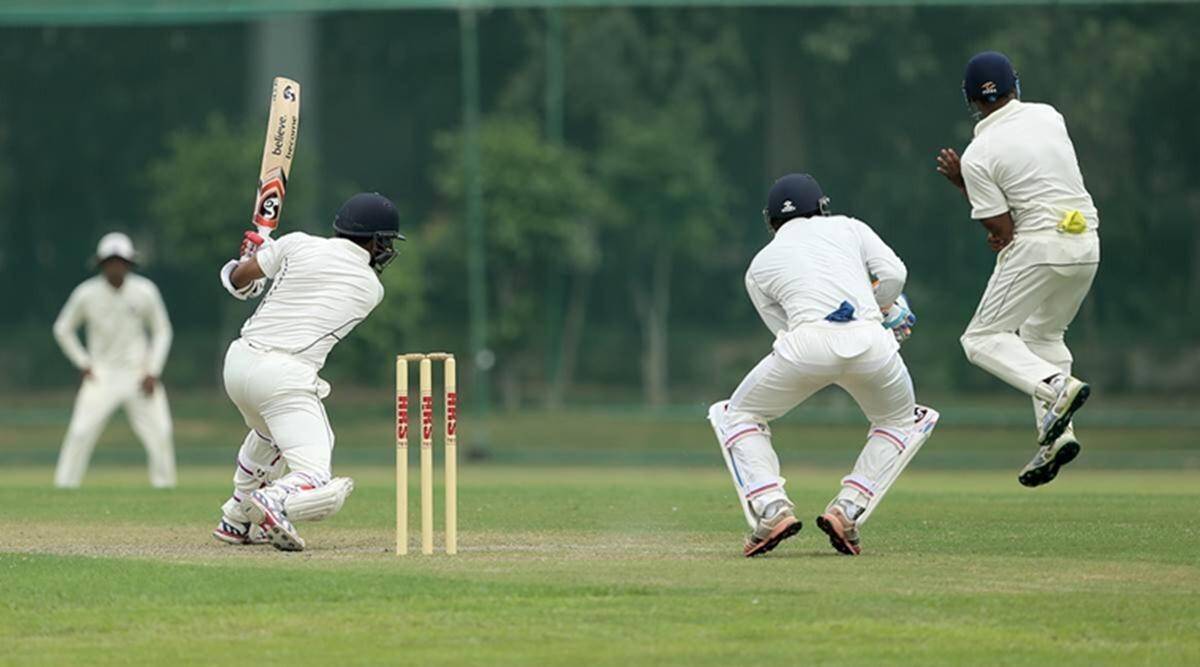
The domestic season will kick start with Women’s One Day League, beginning September 21 this year. India’s domestic Twenty20 league — Syed Mushtaq Ali Trophy — will begin on October 20 with the final to be played on November 12. BCCI also decides to hold the Ranji Trophy in a three-month window from November 2021 to February 2022.
The coveted Ranji Trophy, which was cancelled last season due to the COVID-19 pandemic, will be played in a three-month window from November 16, 2021 to February 19, 2022. The 50-over domestic league — Vijay Hazare Trophy — will start in February next year. A total of 2127 matches will be played throughout the 2021-22 domestic season across all men’s and women’s age groups.
Also Read : Fake vaccines given to 2,000 Mumbai residents
Also Read : Weekend Rendezvous: Travel Influencer wants to help boost domestic tourism
BCCI expressed confidence in making the domestic season a success while keeping health and safety of everyone as their main priority. The BCCI is confident of hosting the domestic season with health and safety of players and all people involved being paramount.
SPORT IN PRISON!
When somebody goes in prison, he or she faces strict rules as they are bound to pay the penalty of their wrong doings, but has anyone ever heard about sportspersons facing a situation like prison in a big sporting. If not then think about the Tokyo Olympics, where the situation for them will remain like a prisoners.
Athletes at the Tokyo Olympics and Paralympics must eat alone, be tested daily, and refrain from talking in confined spaces such as elevators under tough and joyless new Covid rules announced by organizers.
The 11,000 competitors at the Games, along with support staff and media, have also been told they cannot speak to a driver in an official vehicle – and will face the threat of fines, disqualification, medals being taken away and even deportation for repeated or “malicious” offences.
Organisers also said they are considering a six-day hard quarantine for athletes and media coming from the 10 countries where the growth of the Delta variant is significant. However, it is understood that the British Olympic Association and the International Olympic Committee are hopeful that such drastic action will not be required when athletes arrive in around a month’s time.
“Quarantine for six days is required for some countries where the same treatment will be imposed on athletes and media. We wanted to make sure we have a countermeasure with variants. Now the Japanese government and the IOC and International Paralympic Committee [IPC] are currently in ongoing discussions about what our countermeasures will be during the Games. Our perspective is that we have to make it absolutely a safe Games because they will come to Japan to compete, and we want to make sure the process is not too impactful for them performing. So these are the things that we are looking at,” a Tokyo Games spokesperson says.
Interestingly, organizers have confirmed that anyone who tests positive for Covid-19 will not be disqualified – and that they will still pick up a medal if they are entitled to one at the time. Referring to events such as boxing and football where finals have a winner and a loser, the IOC’s sports director, Kit McConnell, added: “If an athlete would have taken part in a medal event but cannot, they will receive the minimum level of medal they would have received.
India is expected to send a contingent of around 190 people and being one of the worst affected countries due to COVID, athletes will have to be very cautious and should follow the strict guidelines to avoid any problem in Japan.
 Jubilee Post News & Views
Jubilee Post News & Views
